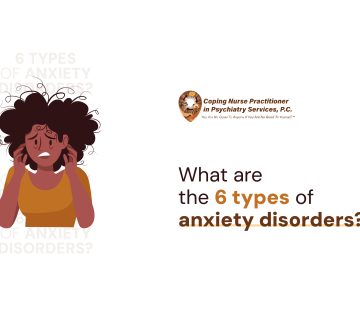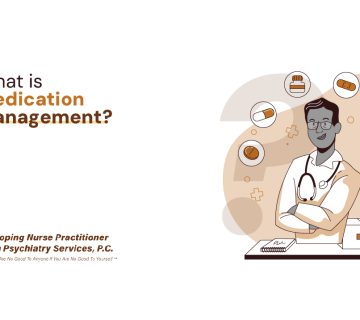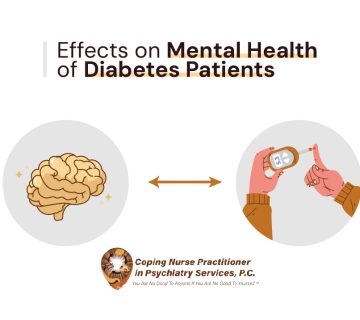Depression: more than a “case of the blues”
Virtually everyone knows what it’s like to go through difficult times. But if you’re experiencing ongoing feelings of sadness, hopelessness, or disinterest, you may be suffering from depression.
Depression is more than a “case of the blues,” and it isn’t something you can just “snap out of” on your own. It’s a common and serious mental health condition that affects one in every six people at some point in their life.
Depression can affect anyone at any time. Though each case of depression has its own set of contributing factors and conditions, changes in brain chemistry, hormonal imbalances, and genetic factors are often part of the picture.
Depression in women
So, why are women twice as likely to be diagnosed with depression than men? Researchers are still investigating the mental health gender gap, but theorize there may be many factors at play, including:
Genetics
Genetics is a major risk factor for depression. Unfortunately, some of the genetic mutations linked to severe depression only occur in women.
Hormonal fluctuations
Hormonal changes don’t cause depression, but they can set the stage for the mood disorder. Women experience hormonal fluctuations regularly and go through more intense hormonal changes during various life stages, including pregnancy and menopause.
The hormonal changes that occur after giving birth play a major role in the development of postpartum depression, which affects 10% to 15% of new moms.
Stress
Stress is a significant risk factor for depression, and women are more likely than men to report feeling stressed out. Many women work full-time and still manage most of the responsibility at home, from childcare to cleaning to general household management.
Women are also more likely than men to live in poverty, be single parents, and suffer some form of abuse (sexual or physical), all of which contribute to the development of a major depressive disorder.
Getting help for your depression
Though you may find it hard to see past your sadness and hopelessness, even the most severe cases of depression are treatable. We take a holistic approach to care and work closely with you to develop a plan that helps you heal.
Using a combination of therapeutic approaches, our main focus is on helping you:
- Develop a better sense of self-worth
- Create positive coping skills
- Improve your thought processes and behavior
Though talk therapy and lifestyle changes are the mainstays of our depression treatment plans, we also offer medication management to improve your mood and response to therapy.
No matter the cause, depression isn’t something your need to work out on your own. We are here to help. Contact us today by calling 516-247-3525. We also offer telemental health services so you can get the psychiatric care you need from the comfort of your home.





No comment